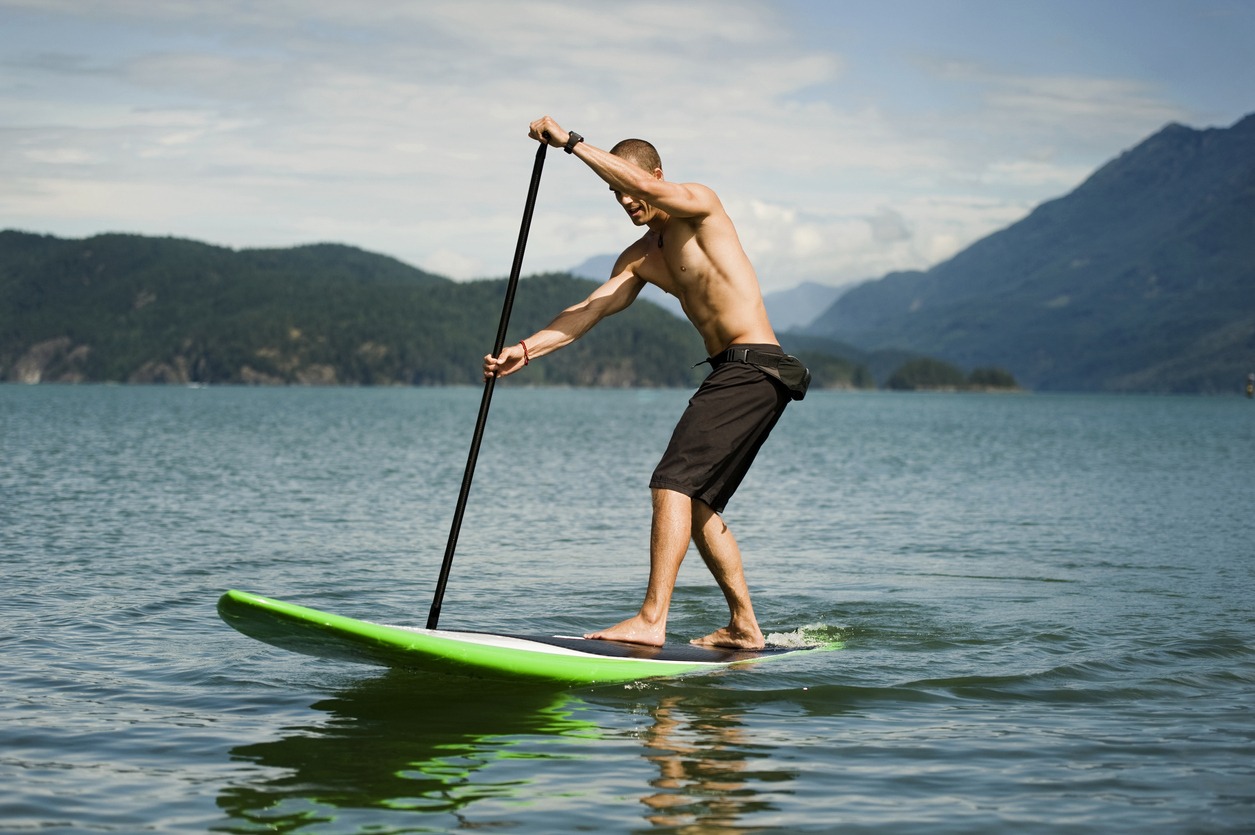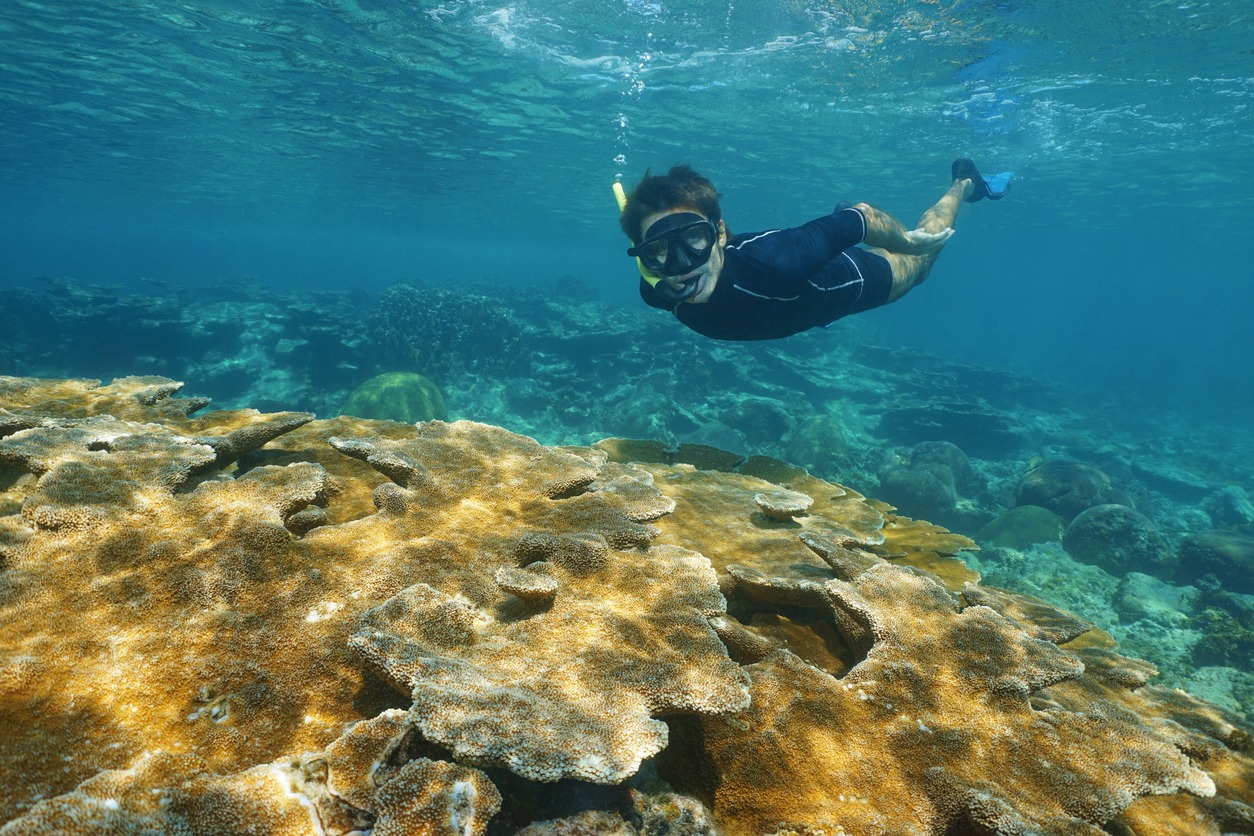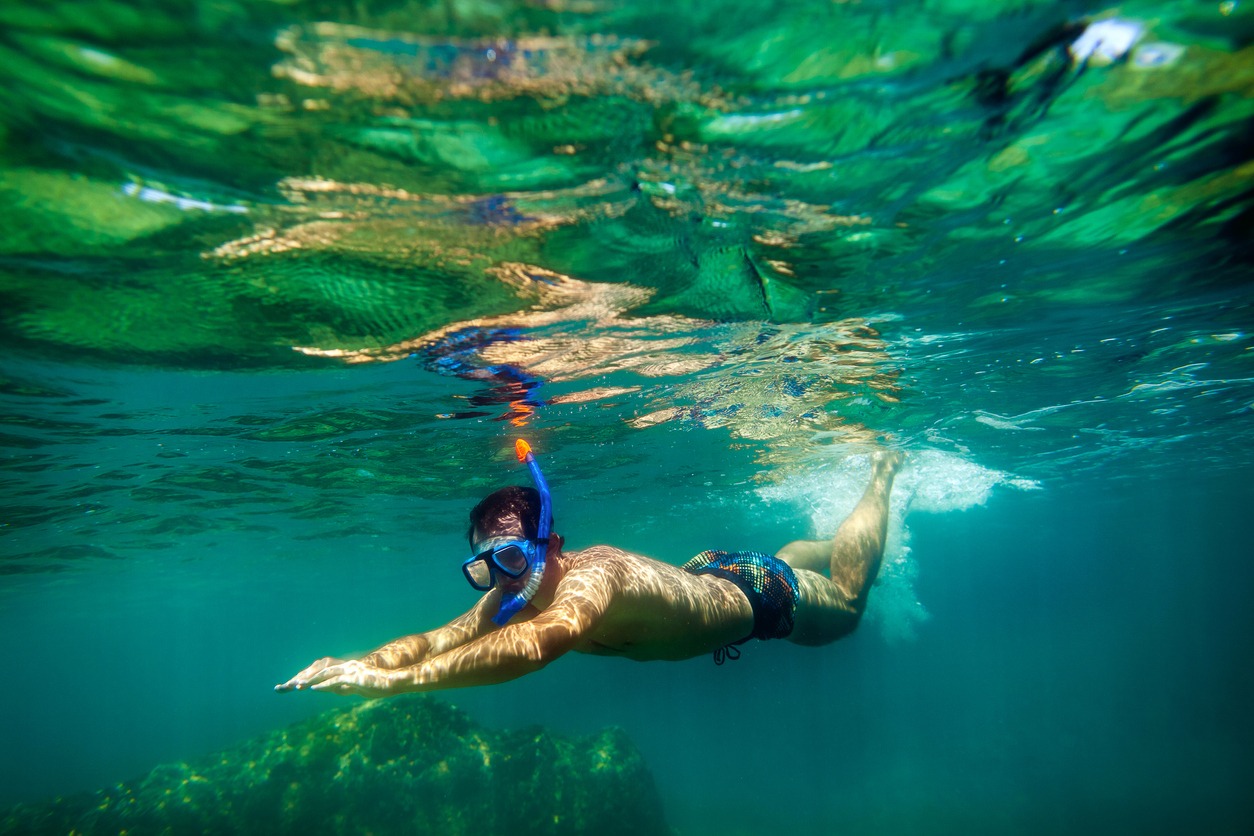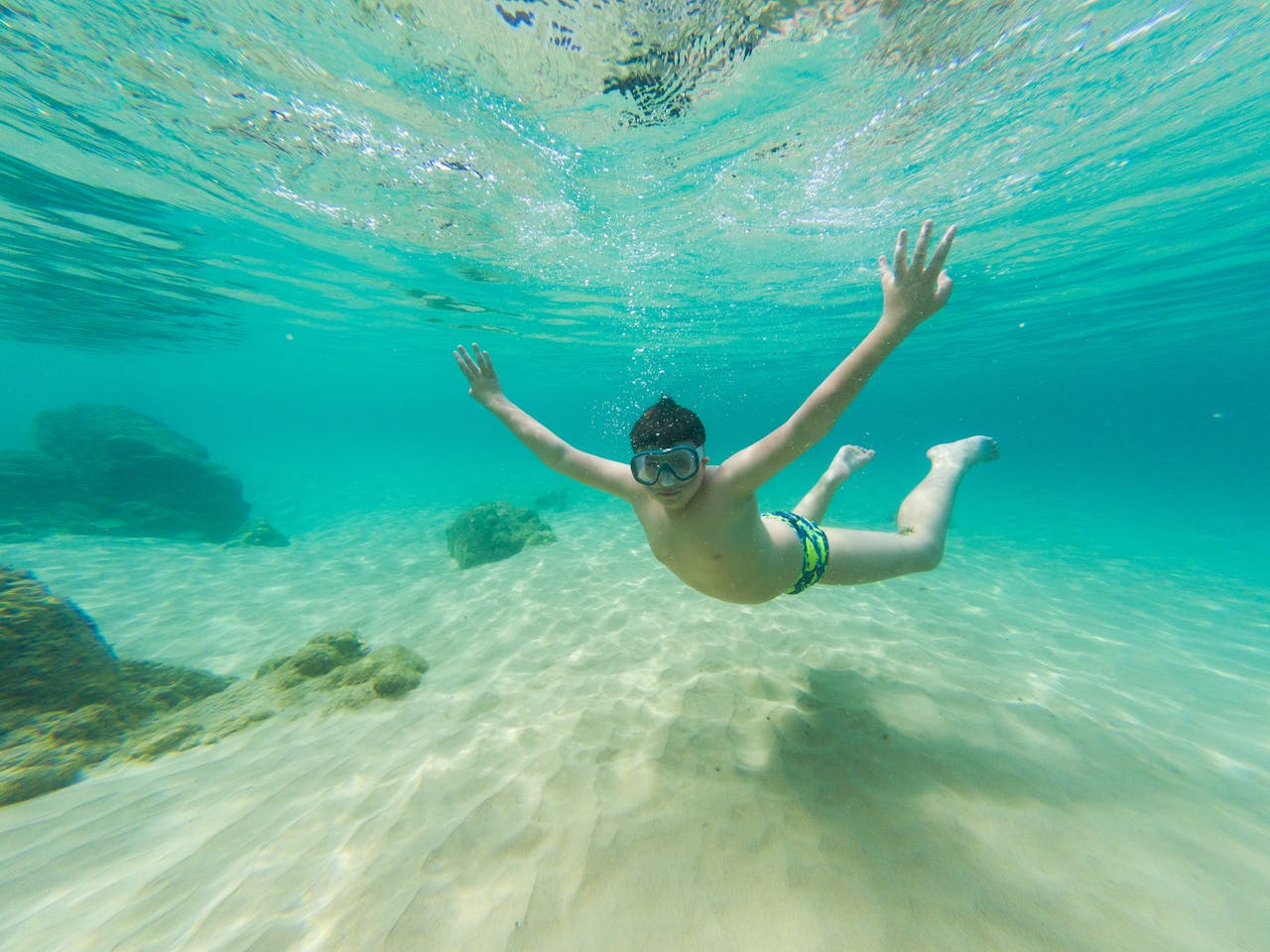Are There Any Health Benefits of Snorkeling?
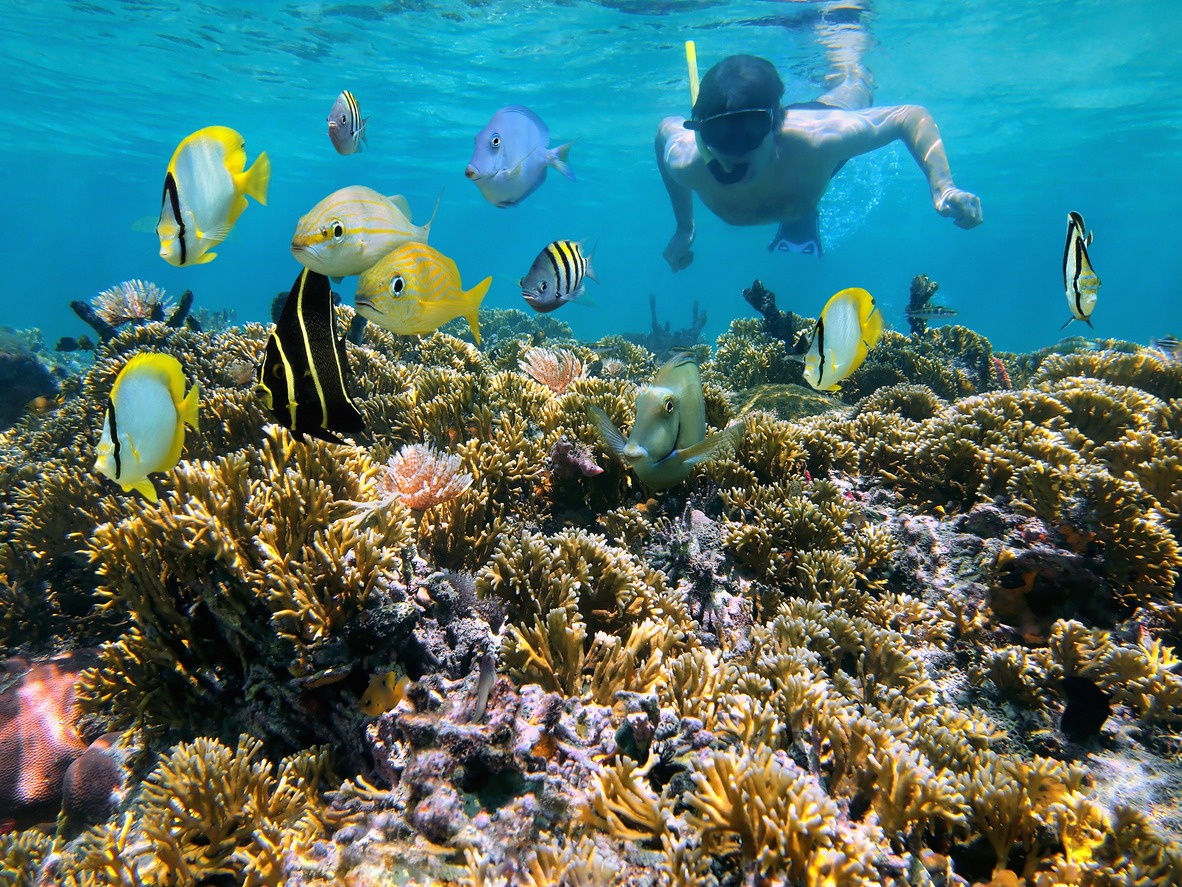
Snorkeling offers numerous health benefits for both your body and mind. You'll improve your cardiovascular fitness, strengthening your heart and reducing the risk of heart disease. It's a low-impact full-body workout that burns calories while being gentle on your joints. Snorkeling enhances your breathing and lung capacity, improving overall respiratory function. You'll experience stress relief and enhanced mental wellbeing as you connect with nature underwater. The activity also increases joint mobility and flexibility. These advantages are just the tip of the iceberg when it comes to the positive impacts snorkeling can have on your health.
Cardiovascular Fitness and Heart Health
While many people enjoy snorkeling for its scenic underwater views, it's also an excellent way to enhance your cardiovascular fitness and heart health. This underwater activity offers numerous health benefits that directly impact your heart and circulatory system.
When you snorkel, you're engaging in a form of cardio exercise that increases your heart rate and strengthens your heart muscle. This consistent cardiovascular workout can help reduce your risk of heart disease, heart failure, and high blood pressure. Additionally, snorkeling can lower your cholesterol levels, further protecting your heart. Snorkeling has also been shown to decrease the chances of cardiac diseases like coronary disease and heart failure.
The breathing techniques used in snorkeling contribute to improved lung capacity. As you hold your breath underwater, you're training your lungs to work more efficiently, which enhances overall cardiovascular fitness. This increased oxygen circulation positively affects your body's cardiovascular function.
Snorkeling can burn up to 300 calories per hour, making it an effective way to maintain a healthy weight and support heart health. By regularly engaging in this activity, you're lowering your risk of coronary heart disease and other heart-related conditions. So, next time you're in the water, remember that you're not just exploring marine life – you're also giving your heart a fantastic workout.
Stress Relief and Mental Wellbeing
Snorkeling isn't just a physical activity; it's a gateway to mental tranquility and emotional balance. As you glide through the water, focusing on your breathing techniques, you'll experience a calming effect similar to meditation. This controlled breathing helps reduce stress and anxiety, promoting overall mental well-being. Ensuring proper gear and technique is essential for safe snorkeling, which in turn contributes to the overall relaxing experience.
The serene underwater world provides a soothing distraction from daily worries. As you observe colorful marine life, you'll find your mind shifting away from stressors, which can be particularly beneficial if you struggle with anxiety disorders or ADHD. The immersive nature of snorkeling allows you to disconnect from everyday concerns and connect with the natural environment around you.
Regular snorkeling sessions can have a lasting impact on your mood and mental health. The activity releases endorphins, elevating your psychological well-being and enhancing your overall mood. Additionally, the focused state of mind required for snorkeling contributes to improved mental clarity and resilience, equipping you with better tools to manage stress in your daily life. By incorporating snorkeling into your routine, you're not only improving your physical health but also nurturing your mental and emotional well-being.
Improved Breathing and Lung Capacity
Three key benefits of snorkeling for your respiratory system stand out. First, it increases your heart rate and oxygen uptake, improving your overall aerobic fitness. Second, the resistance from breathing through a snorkel helps strengthen your respiratory muscles and expand lung capacity. Third, the controlled breathing while snorkeling mimics meditation techniques, promoting a calmer state of mind and better respiratory function.
As you swim through the water with your snorkel, you'll notice that the breathing required is different from normal. This regulated breathing through your mouth can help you build greater lung capacity over time. You'll find yourself able to hold your breath underwater for longer periods, and you may even notice improved endurance in other physical activities.
The cardiovascular health benefits of snorkeling are significant. The combination of gentle exercise and controlled breathing helps increase your body's efficiency in using oxygen. If you have respiratory conditions, you might find that the breathing techniques practiced while snorkeling can help you feel better and improve your lung function over time.
Low-Impact Full Body Workout
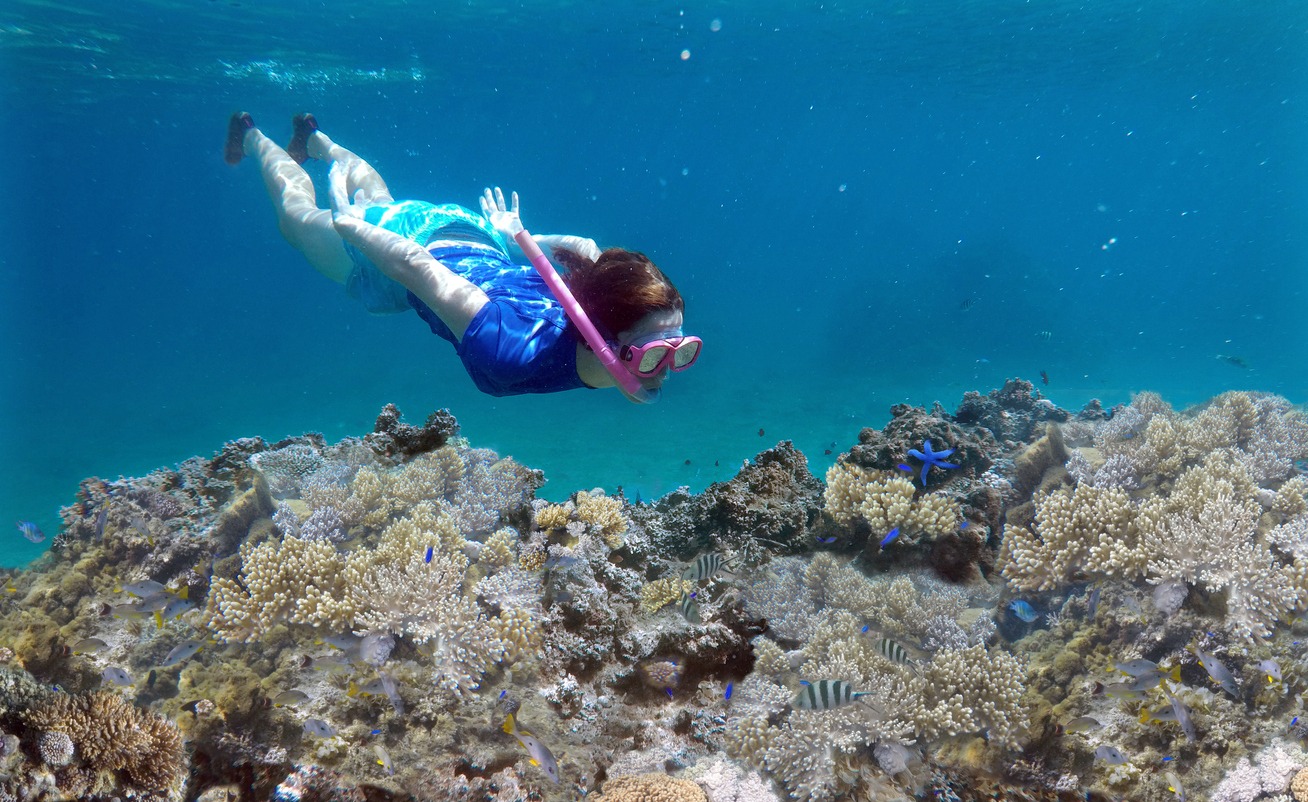
Beyond its respiratory benefits, snorkeling offers a low-impact, full-body workout that's gentle on your joints. As you glide through the underwater world without putting stress on your body, you're engaging multiple muscle groups, including your quads, hamstrings, calves, ankles, hip flexors, core, and shoulders. This expansive exercise helps improve your overall strength and endurance while burning approximately 300 calories per hour.
The buoyancy of water eases pressure on your joints, making snorkeling an ideal cardiovascular exercise for those with joint pain and stiffness. If you're looking to regain some mobility or manage your weight, snorkeling provides an effective solution. The water reduces the impact on your body while still offering resistance, allowing you to build strength and improve your fitness level.
As you swim and breathe through the snorkel tube, you're also strengthening your heart muscle and respiratory system. This low-impact activity combines gentle movement with full-body engagement, making it an excellent choice for improving your overall fitness and body composition. Whether you're seeking a fun way to stay active or looking for a joint-friendly exercise, snorkeling delivers numerous health benefits that can enhance your physical well-being.
Joint Mobility and Flexibility
Flexibility is a key component of overall health, and snorkeling can drastically improve your joint mobility. This low-impact activity reduces stress on your joints, making it an excellent choice if you suffer from joint-related issues like arthritis or ankylosing spondylitis.
When you're in the water, its buoyancy helps ease joint pain and stiffness, allowing for a greater range of motion and improved flexibility. You'll find that snorkeling enables exercises that can help you regain mobility before shifting to more strenuous activities, especially if you have movement restrictions.
Using a snorkel and mask requires limited neck movements, which can be beneficial if you experience neck-related discomfort or pain. As you glide through the water, you're engaging in a gentle yet effective water-based exercise that contributes to enhanced overall physical capabilities.
Connection With Nature
Plunge into a world of wonder as you connect with nature through snorkeling. This healthy activity allows you to observe marine animals in their natural habitat, providing a unique viewpoint of the underwater world. As you float effortlessly in the ocean, you'll encounter incredible creatures like turtles, sharks, rays, and colorful reef fish, observing their behavior up close.
Snorkeling allows for an immersive experience that can have a positive impact on your mental and emotional well-being. The sense of awe and wonder you'll feel while exploring lively coral reefs can release endorphins, reducing stress and anxiety. This connection with nature promotes a deeper understanding and appreciation for marine ecosystems, cultivating a sense of stewardship towards the natural world.
In destinations like Maui, snorkeling can be particularly beneficial for individuals with anxiety disorders and ADHD. The calming effect of the ocean, combined with the excitement of identifying new marine life, contributes to overall fitness and mental health. By engaging in this activity, you'll not only improve your physical condition but also nurture a lasting bond with the underwater world.

